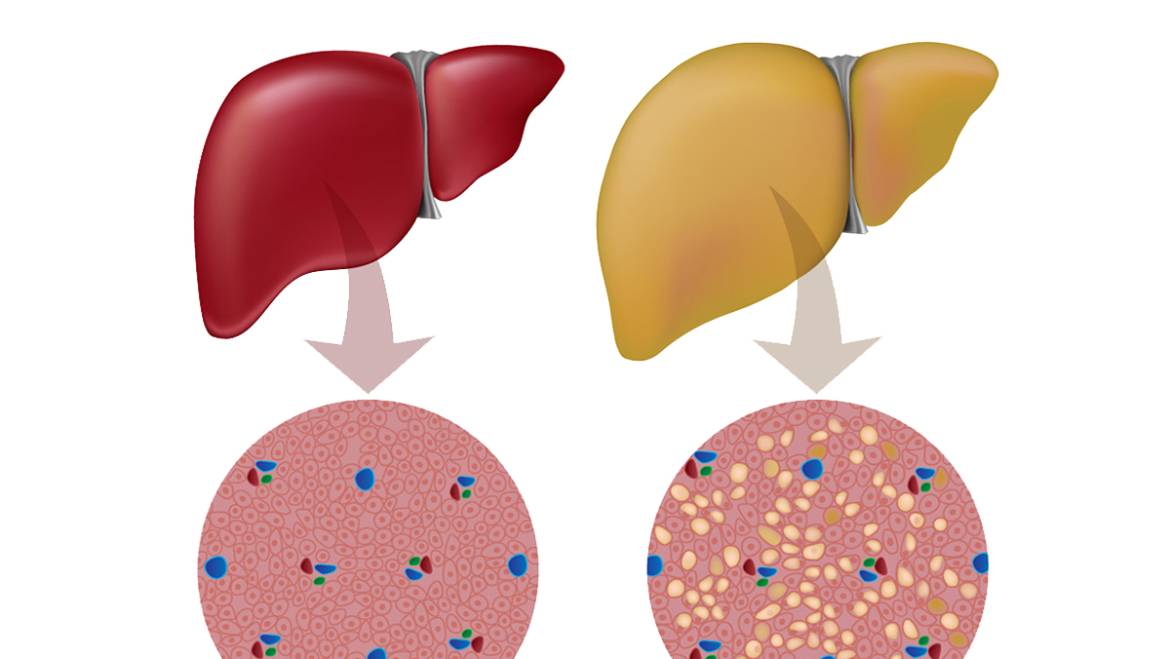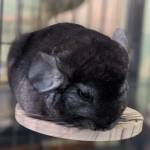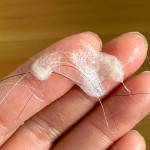Chinchillas are popular pets known for their soft fur, playful nature, and entertaining antics. However, despite their adorable appearance, these small rodents are prone to several health conditions, including fatty liver disease. Fatty liver disease, also known as hepatic lipidosis, is a severe condition that affects the liver’s function, leading to life-threatening consequences. As a chinchilla owner, it is essential to understand the causes, symptoms, and treatment of this disease to ensure your pet’s well-being.
Causes of Fatty Liver Disease in Chinchillas
Fatty liver disease occurs when there is an excessive accumulation of fat in the liver cells, leading to the liver’s dysfunction. This condition can occur in chinchillas due to various reasons, including:
- Obesity: Chinchillas that are overweight or obese are more likely to develop fatty liver disease. Overfeeding or feeding high-calorie treats, such as sunflower seeds, can lead to obesity in chinchillas.
- Poor Diet: Chinchillas require a diet high in fiber, low in fat, and rich in nutrients. Feeding your chinchilla a diet high in fat or low in fiber can lead to fatty liver disease.
- Illness: Chinchillas that suffer from other illnesses or health conditions, such as dental problems or infections, are more prone to develop fatty liver disease.
- Stress: Chinchillas that experience high levels of stress, such as being housed in a noisy or crowded environment, are more likely to develop fatty liver disease.
Symptoms of Fatty Liver Disease in Chinchillas
Fatty liver disease in chinchillas is a silent killer, meaning that the symptoms may not be noticeable until the condition has progressed significantly. Some of the symptoms to look out for include:
- Loss of Appetite: Chinchillas with fatty liver disease may lose interest in food or refuse to eat altogether.
- Weight Loss: Chinchillas with fatty liver disease may experience sudden weight loss, even if they are eating normally.
- Lethargy: Chinchillas with fatty liver disease may become lethargic, spending more time sleeping and less time playing or exploring.
- Yellowing of the Skin and Eyes: As the liver fails to function correctly, it may lead to a buildup of bilirubin, a pigment that causes a yellowing of the skin and eyes.
- Diarrhea: Chinchillas with fatty liver disease may experience diarrhea or loose stools.
Treatment for Fatty Liver Disease in Chinchillas
If you suspect that your chinchilla has fatty liver disease, it is essential to seek veterinary attention immediately. The veterinarian will conduct a physical exam and may perform blood tests and other diagnostic tests to confirm the diagnosis. Treatment for fatty liver disease in chinchillas may include:
- Fluid Therapy: Chinchillas with fatty liver disease may become dehydrated, and fluid therapy may be necessary to restore hydration levels.
- Nutritional Support: Chinchillas with fatty liver disease may require nutritional support in the form of a high-fiber, low-fat diet. Your veterinarian may also recommend supplements to ensure that your chinchilla is receiving all the necessary nutrients.
- Medications: Depending on the severity of the fatty liver disease, your veterinarian may prescribe medications to support liver function or to manage other symptoms.
- Supportive Care: Chinchillas with fatty liver disease may require supportive care, such as providing a warm, quiet environment and gentle handling to minimize stress.
Preventing Fatty Liver Disease in Chinchillas
Preventing fatty liver disease in chinchillas is crucial to their overall health and well-being. Here are some steps you can take to prevent fatty liver disease in your chinchilla:
- Feed a Healthy Diet: Chinchillas require a diet high in fiber, low in fat, and rich in nutrients. Feed your chinchilla a diet that consists primarily of hay and high-quality pellets, and avoid high-calorie treats or foods that are high in fat.
- Provide Plenty of Exercise Opportunities: Chinchillas are active animals that require plenty of opportunities for exercise and play. Provide your chinchilla with a large cage or playpen, and encourage them to run, jump, and play.
- Maintain a Healthy Weight: Chinchillas that are overweight or obese are more prone to develop fatty liver disease. Ensure that your chinchilla maintains a healthy weight by feeding them the appropriate amount of food and providing plenty of exercise opportunities.
- Monitor for Signs of Illness: Chinchillas that suffer from other illnesses or health conditions, such as dental problems or infections, are more prone to develop fatty liver disease. Monitor your chinchilla for any signs of illness and seek veterinary attention immediately if you notice any changes in their behavior or health.
Fatty liver disease is a severe condition that can affect chinchillas of any age or gender. As a chinchilla owner, it is essential to understand the causes, symptoms, and treatment of this disease to ensure your pet’s well-being. By feeding a healthy diet, providing plenty of exercise opportunities, maintaining a healthy weight, and monitoring your chinchilla for signs of illness, you can help prevent fatty liver disease in your furry friend. If you suspect that your chinchilla has fatty liver disease, seek veterinary attention immediately to ensure prompt diagnosis and treatment.







